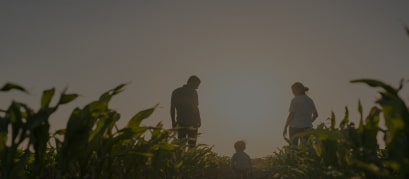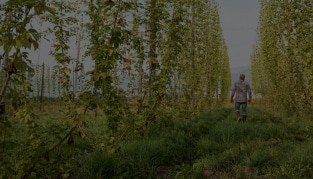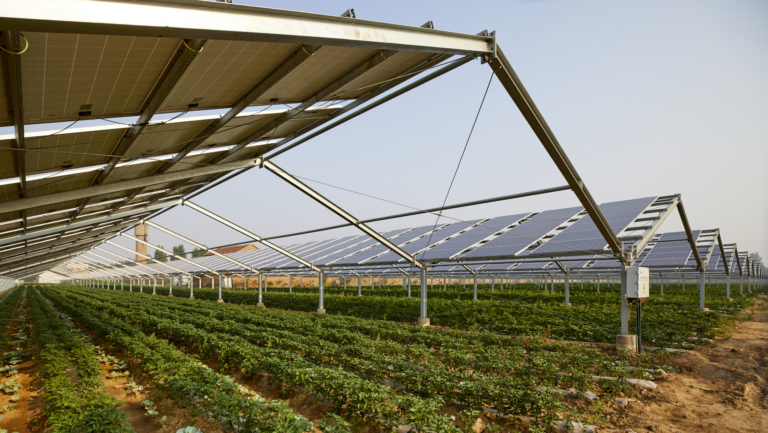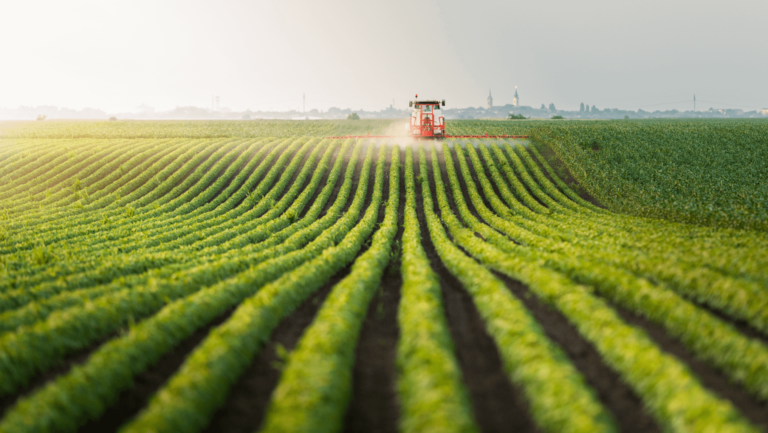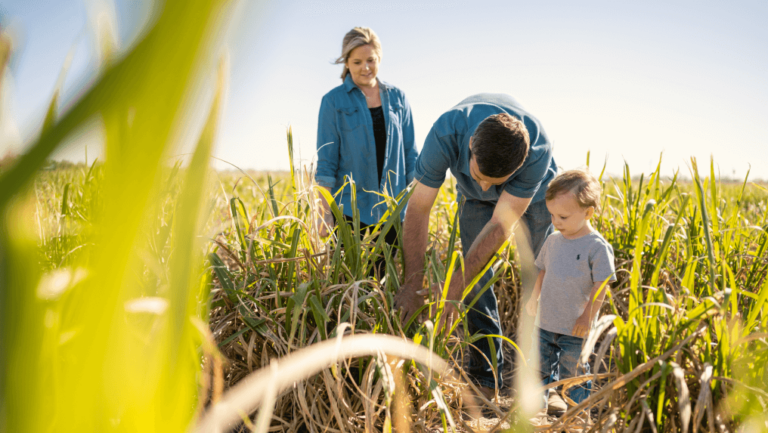Millennials: The Future of Farming
Why millennials have the advantage when it comes to modern agriculture
The millennial generation – people born between 1982 and 2000 – have revolutionized the way industries perform and produce products including agriculture.
At 92 million people, this generation represents more than one-half of the U.S. workforce. As succession begins to occur in a variety of industries, including agriculture, you will begin to see a shift in leadership within farms and ranches having a positive effect on the operation itself.

Dissecting the Millennial Generation
Millennials have a few defining attributes. One of the most notable characteristics of this generation is that they are well connected through electronic devices. Advancements in technology and the rise of the internet have directly affected how millennials live their everyday lives. According to recent consumer data, millennials own an average of 7.7 internet-connected devices, using more than three of those devices every day.
Not only is this generation enamored with technology, but research also shows that their life values and goals have shifted from previous generations. For example, millennials tend to value experiences more than material goods. That means that most would choose to spend money on travel or events that provide fun and adventure, rather than clothing or other physical products. In their work environments, millennials note that one of the most important attributes for them is flexibility, such as being able to work remotely or on their own schedule.
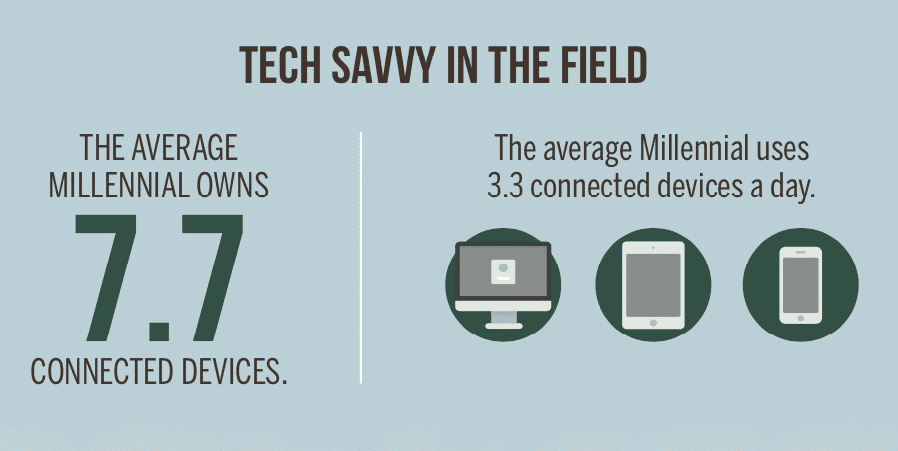
They hope to gain a mentor in their boss who will help them attain business goals and look for work that is meaningful to them. By contrast, the Baby Boomer generation (those born between 1946 and 1964) focuses on work as an anchor in their lives to provide a means of living, even if they didn’t thoroughly enjoy the work. They also have a stricter view of authority in the workplace, hoping to climb the ladder versus befriend the higher-ups.
Millennials’ Effect on Agriculture
So, what does this generational shift mean for agriculture? In terms of food, many millennials want to feel a connection with their food, knowing exactly where it came from, how it was grown or raised, and when it was harvested. They also place a greater importance on if the food was produced sustainably and how the environment was cared for in the process. In response, farmers have had to learn how to adapt to these changing attitudes toward food and farming. However, because they often share these attitudes, millennial farmers have an advantage over earlier generations of farmers.
Keith Walter, a 30-year-old farmer from Bartow, Florida, runs Walter Farms with his family, a cow/calf operation, that also grows citrus fruits and blueberries. As a millennial farmer, Walter says there are some key differences in the way he views his career compared to the older generations in his family.
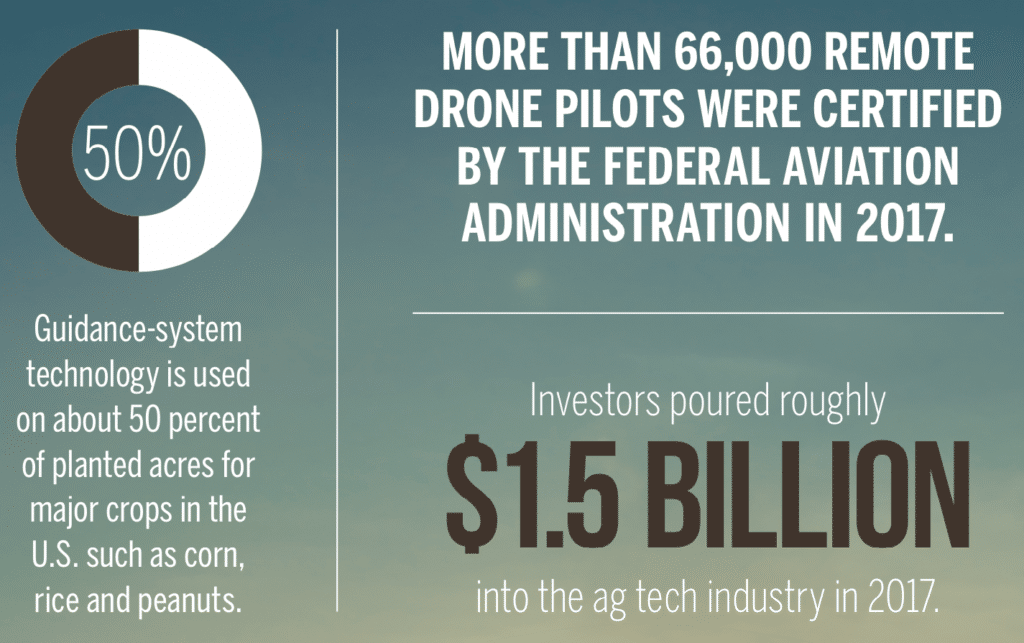
“My mindset for farming is much more progressive,” Walter says. “New technology and research make things more complex, simpler, and efficient all at the same time. It’s being open to learning and adapting to alternate ways rather than ‘doing what we’ve always done’ that sets the millennial farmer apart from other generations.”
The same goes for Garrison Kinsel, a 22-year-old farmer in Cotulla, Texas, whose family owns and runs Kinsel Cattle Company. Kinsel is a full-time student at Texas A&M University, but says he stays up-to-date on what happens at his family’s farm, as his family sees the value in keeping the next generation as informed as possible.
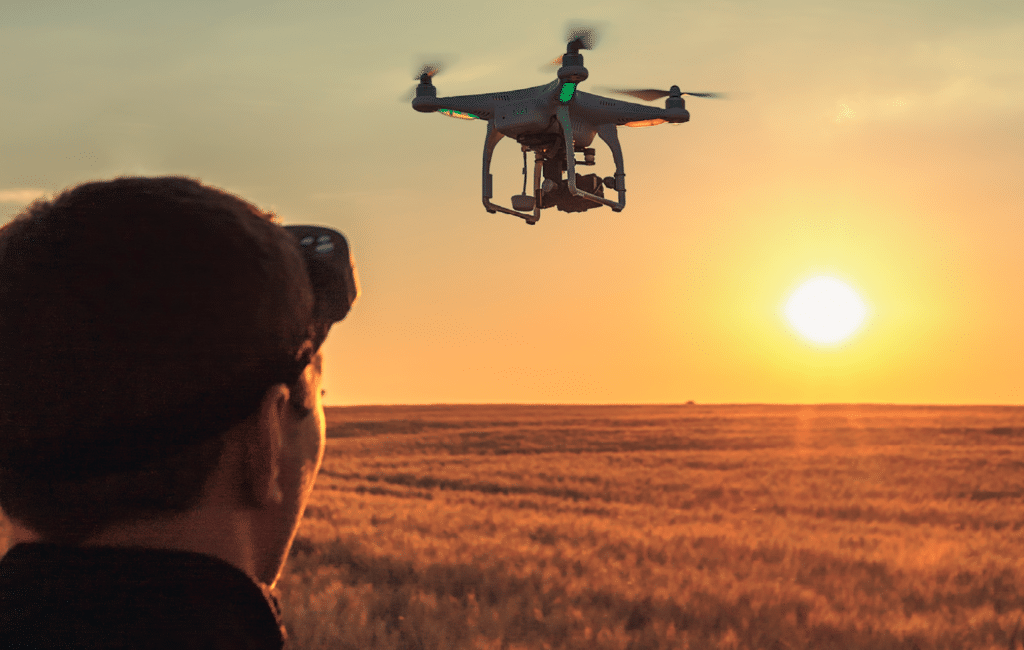
Kinsel considers his time in school a benefit. “I think my advantage right now is being at a university and learning about the new advancements being made in marketing and technology,” he says. “Achieving success in agriculture often means being flexible and learning to evolve, and I think that is something that our millennial generation is great at.”
Some of the newer technologies in agriculture that millennials have been introduced to and have mastered at an earlier age, include drones and aerial applications, GPS- and GIS- driven machinery, mobile applications and other precision agriculture applications, as well as business programs and digital financial management systems.
“We have been raised in an age where technology is constantly advancing, and we have been forced to grow with that technology. As farming and agriculture continues to change, advances in technology and changes in the norm will be handled much easier by people of my generation.”
Kinsel
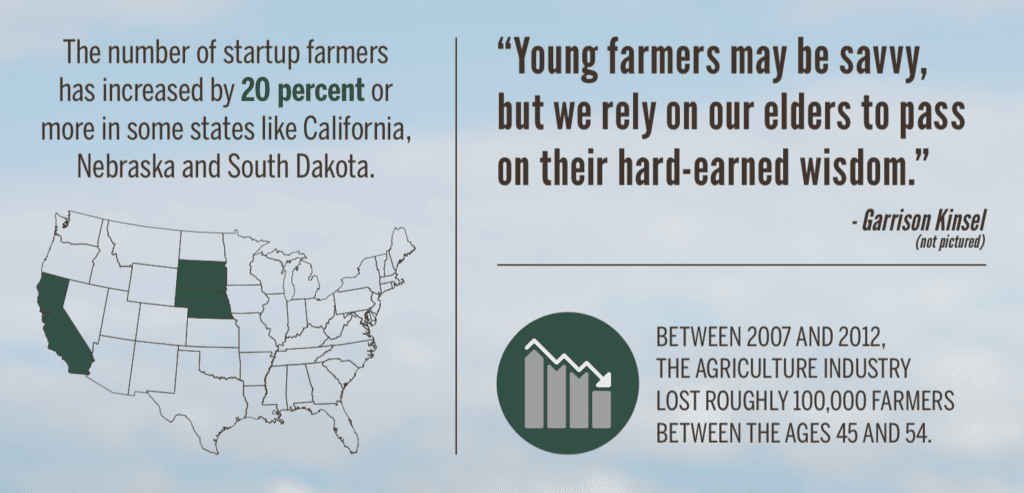
A Focus on Finances
When it comes to money management, studies show that millennials manage their money as well as the generations before them. Millennial farmers realize that farming can be a high-risk career in terms of finances, which causes them to be even more diligent financial managers. They also understand the need to diversify their businesses – or themselves – in order to maintain a steady income.
Hunter Helms, a cattle rancher and row-crop farmer, as well as a correspondent lender for AgAmerica Lending, is a millennial farmer and the sole proprietor and decision-maker at H&B Helms Farm LLC in Rotan, Texas. Helms says that as a farmer himself, he can better understand what young farmers need when it comes to lending.
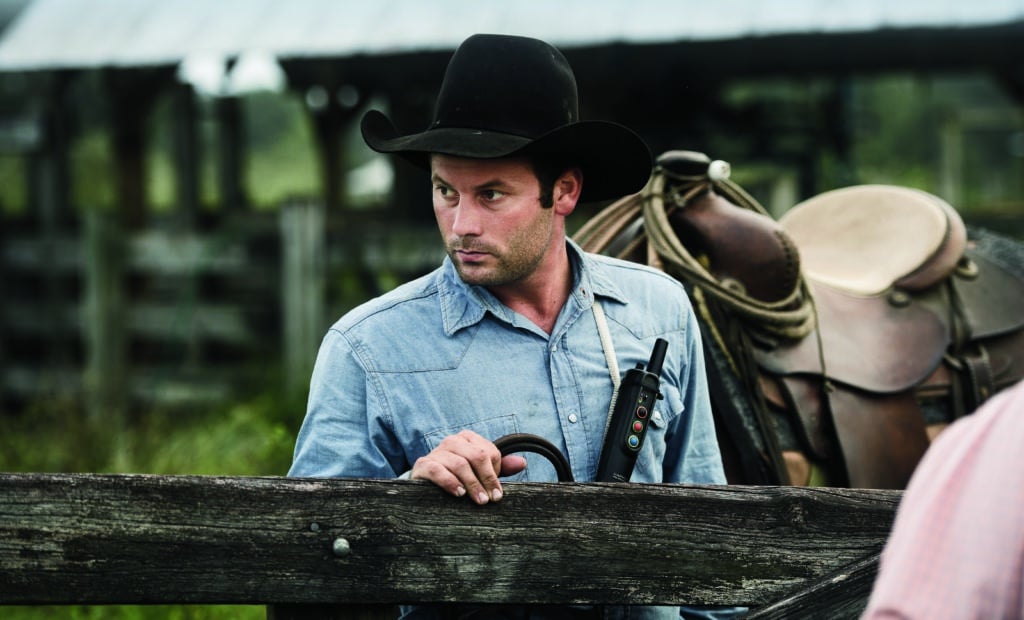
“Having also been on the borrowing side of lending, I have insight into what our clients need and with the AgAmerica spectrum of loan solutions, we have options to help the American farmer and their unique situation,” he says of working at AgAmerica.
Daniel Lanier, a 30-year- old partner and general manager of Sawmill Citrus Nursery in Fort Meade, Florida, also runs a small beef cattle operation with his father and works as a realtor at King Real Estate Services. Daniel says, “Modern technology is at the base of everything we do. Millennials have grown up with ever-changing technology and willingly apply the available tools to their farming operations, from finances to the fields. Bills can now be paid automatically from a computer, irrigation systems can be turned on from a smart phone, and production can be predicted from spreadsheets and algorithms,” he shares.
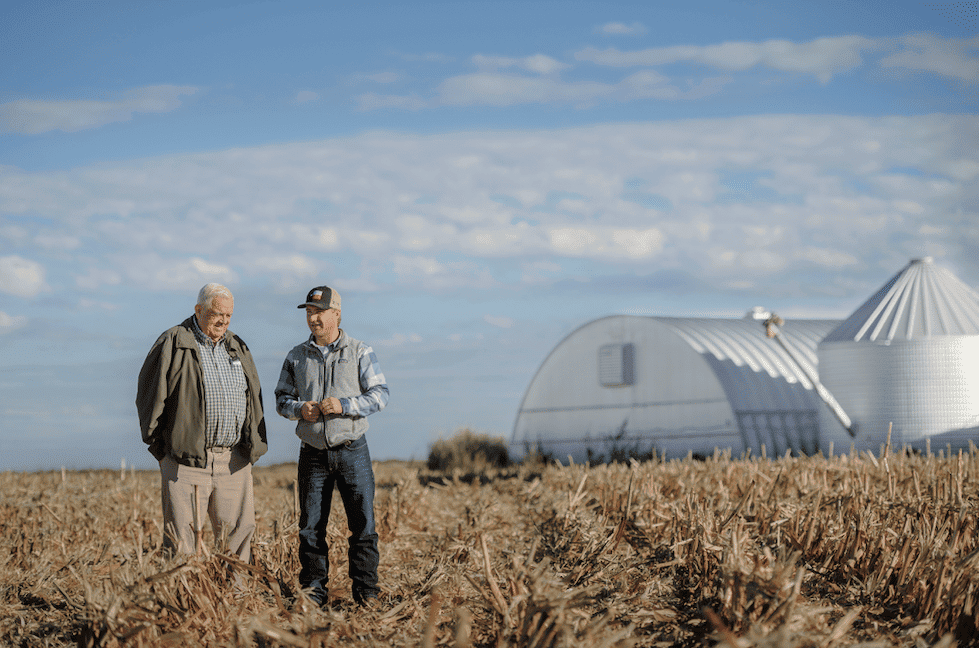
Younger, Not Wiser
Maybe one of the most important and admirable traits of millennial farmers is their respect and appreciation for the older generations. Walter, Kinsel, Helms, and Lanier all agree that having a mentor is extremely important in becoming successful as a millennial in the agricultural industry.
“With as much information that is at our fingertips, there’s nothing that beats the wisdom of experience,” Lanier says.
Walter adds that he seeks advice daily. “I’ve always heard there is never a bad question,” he says. “If you listen, you might just learn something.”
Changing the Stereotype
These young farmers and many of their peers are helping to change the stereotype around millennials, showing that the generation is hardworking, determined, and capable. As millennials and American farmers, they know that with the population increasing and the need to produce more on less land, revolutionizing agriculture is more important than ever to enhance productivity and efficiency. These young farmers are proud to rely on their adaptability, acceptance of technology, perseverance, and dedication to farming to help them fulfill their role in sustaining the industry.
Millennial Farmer Infographic:


